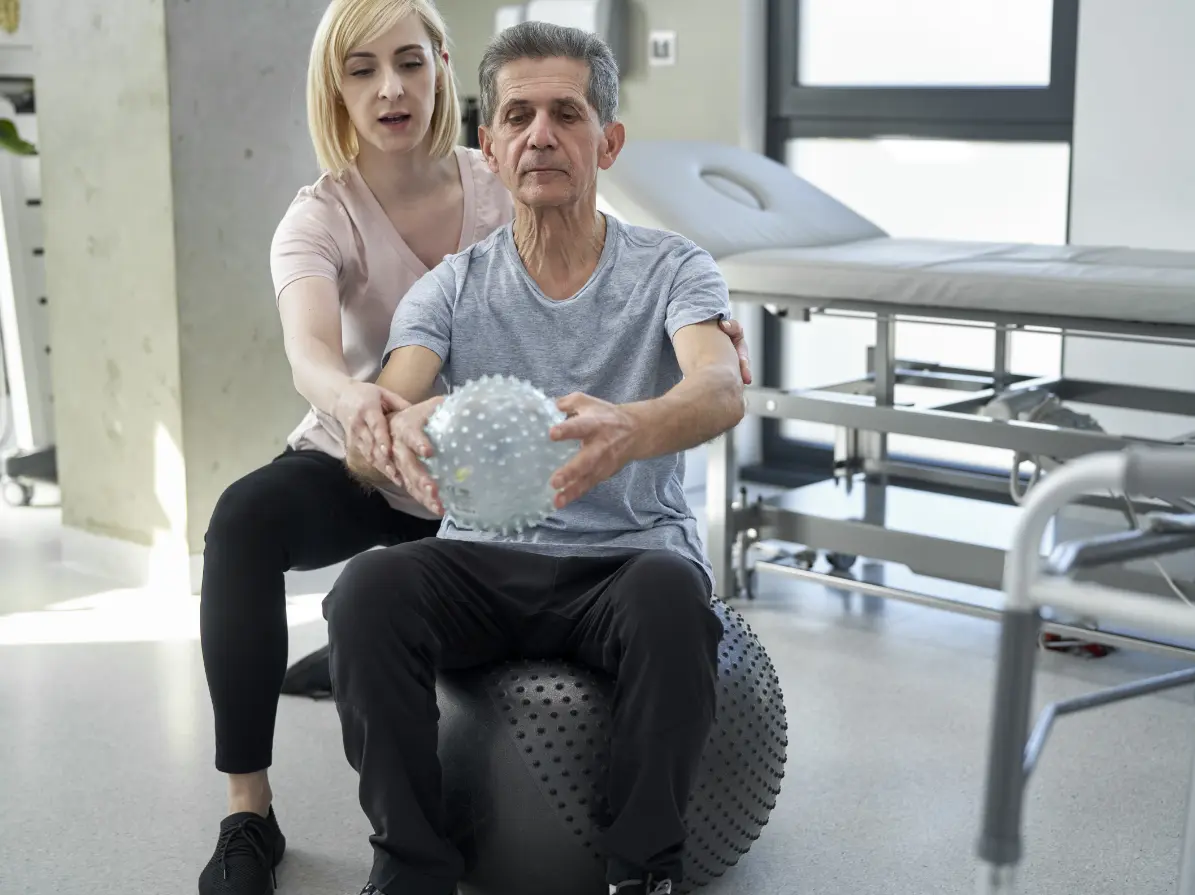Services
Therapy Services
Physical Therapy
Aquatic Therapy
Pediatric Therapy
Tele-Rehab
Rehab Solutions
Rehab Solutions
Auto Injury Rehab
Work Injury
Sports Injury
Traumatic Brain Injury
Vestibular Rehab
FCE
Stroke Rehab
Cognitive Rehab
Recovery Programs
Dry Needling Therapy
Cupping Therapy
Paraffin Wax Therapy
Normatech Compression Therapy

